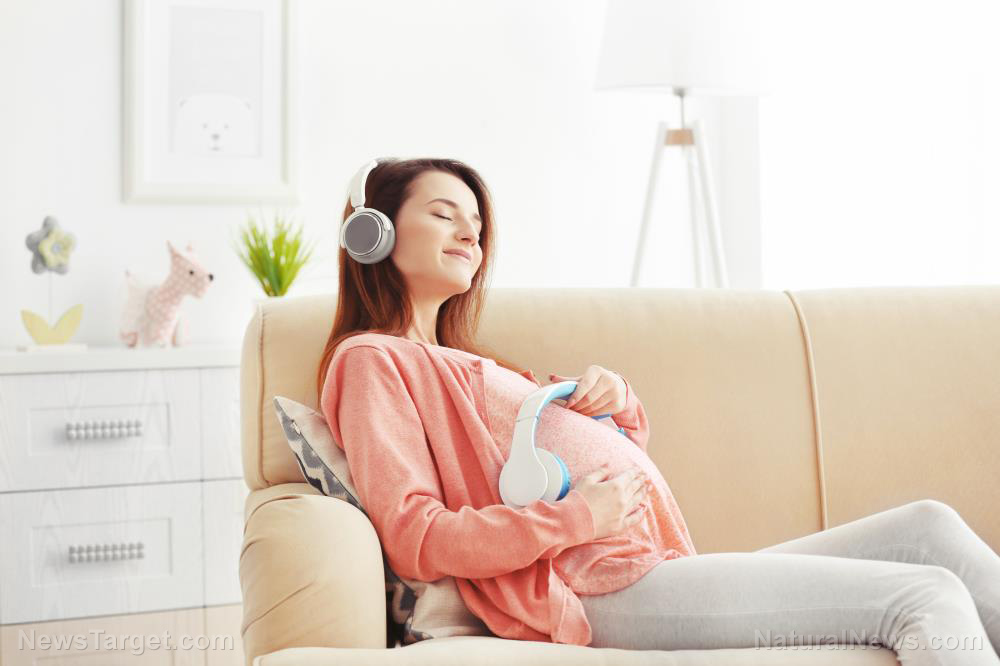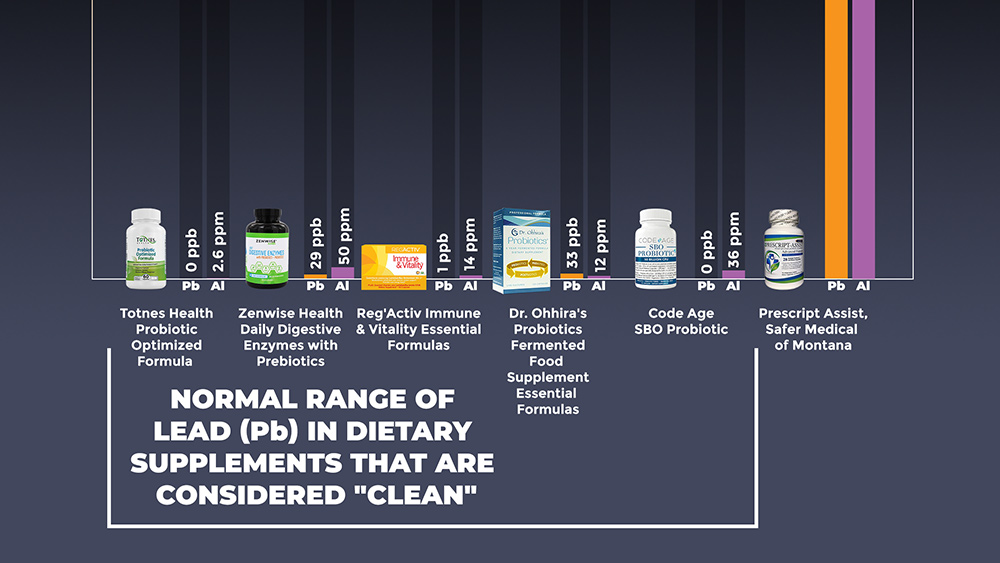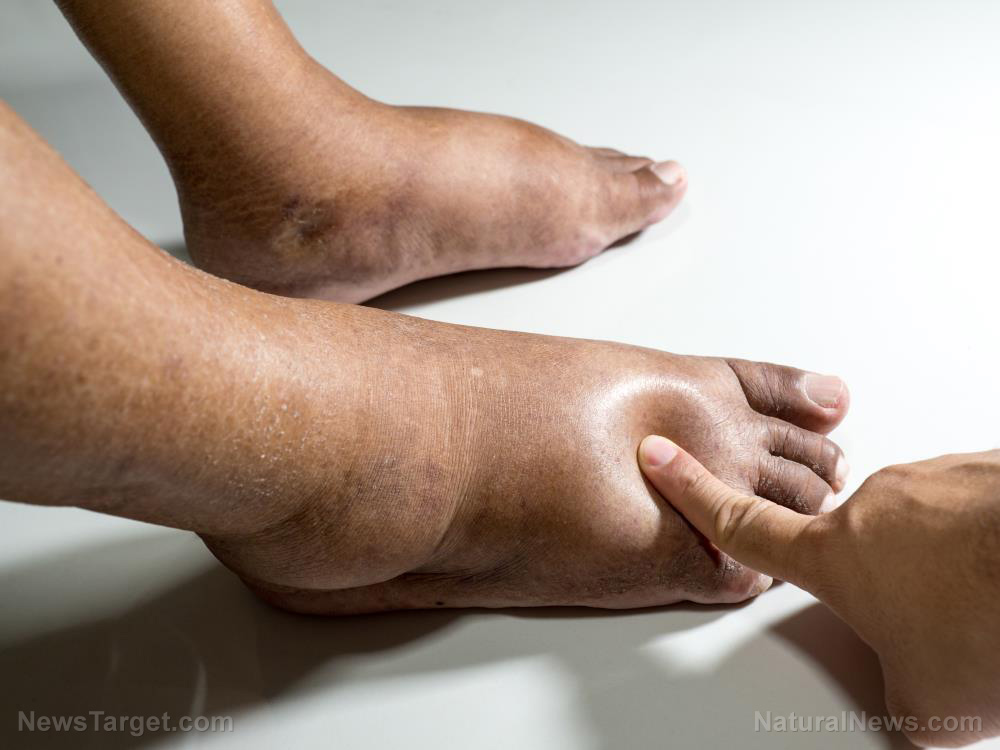Studies link hormone replacement therapy (HRT) with impaired cognitive function, depending on timing of treatments
07/24/2019 / By Evangelyn Rodriguez

Researchers at the Alzheimer’s Association International Conference (AAIC) last year reported some interesting findings about women’s mental health and the influence of hormones on it. According to one study, factors such as age of menstruation, number of children, and menopausal age all affect a woman’s risk of cognitive impairment. Another study reported that pregnancy could lower the risk of Alzheimer’s due to changes in the immune system associated with the early stages of gestation. A third study found that hormone replacement therapy (HRT) may negatively or positively affect cognitive function depending on the timing of use.
Reproductive history, pregnancy history, and risk of dementia
A large-scale epidemiological investigation in the U.S. focused on various aspects of reproductive history and dementia risk. The study, which appeared in the journal Alzheimer’s & Dementia, used self-reported data from more than 14,000 women between the ages of 40 and 55 from 1964 to 1973.
The researchers reported that among the female participants in their study, those with more children had a 12 percent lower risk of dementia than women with only one child. These women continued to have a lower risk even after mid- and late-life risk factors like body mass index and stroke history were taken into consideration.
When researchers investigated the impact of miscarriage, they found that each reported incident increased a woman’s dementia risk by nine percent. Women who also started menstruating at the age of 16 had a 31 percent greater risk of dementia than those who started at age 13.

|
Discover how to prevent and reverse heart disease (and other cardio related events) with this free ebook: Written by popular Natural News writer Vicki Batt, this book includes everything you need to know about preventing heart disease, reversing hypertension, and nurturing your cardiac health without medication. Learn More. |
In addition, when the researchers looked at the participants’ menopausal ages, they discovered that women who experienced menopause before 45 had a 28 percent greater risk than women who had menopause at a later age. Women who also had reproductive periods of 21 to 30 years had a 33 percent higher risk than those with 38-44 years.
The researchers said that further studies are needed to determine the mechanistic pathway between reproductive events and brain health.
Another study involving 133 elderly British women looked at the the association between pregnancy history and the risk of Alzheimer’s. The results of the case-control, cross-sectional study suggested that the number of months of pregnancy – in particular, the months spent in the first trimester – is a significant predictor of a woman’s Alzheimer’s risk. Women who spent more months pregnant had an approximately 20 percent lower risk of developing the disease.
“We are intrigued by the possibility that pregnancy may reorganize the mother’s body in ways that could protect her against developing Alzheimer’s later in life,” said Molly Fox, one of the researchers and an assistant professor from the Department of Anthropology and the Department of Psychiatry & Biobehavioral Sciences at the University of California, Los Angeles.
“These results also suggest that the story might not be so simple as being all about estrogen exposure, as previous researchers have suggested,” she added.
Fox and her colleagues believe that the persisting beneficial effects on the immune system conferred by pregnancy during its early stages may be responsible for the observed risk reduction. (Related: Alzheimer’s patient reverses symptoms with daily coconut oil.)
The effect of HRT on cognition among older people
A decade ago, HRT was commonly used to address the hormonal changes that happen during menopause. However, it fell out of favor when a study emerged linking it to some form of dementia. But a study presented at the AAIC reported findings that may change the way HRT has been seen for the past several years.
The researchers involved with the study found that women who began HRT between the ages of 50 and 54 did not experience any negative effect on cognition. In contrast, women who started at a later age (between 65 to 79) suffered from reduced global cognition, memory, and executive functioning.
In addition, women who had Type 2 diabetes and were on HRT also had a higher risk of cognitive impairment than non-diabetic women who were on HRT and diabetic women who were taking a placebo.
“These findings add to our understanding of the complex effects of hormones on the brain,” said Cary E. Gleason, one of the authors of the study. “These data are sorely needed to guide women’s healthcare during and after the menopausal transition and to help women make personalized and informed decisions regarding management of their menopausal symptoms and the prevention of future adverse health outcomes.”
Dr. Verna R. Porter, director of programs for dementia, Alzheimer’s disease, and neurocognitive disorders at Pacific Neuroscience Institute at Providence Saint John’s Health Center in California, also said that based on the new findings, there may be some cognitive benefit of HRT when given at the right time.
As the findings of the study implied, giving HRT during the transition into menopause may not have a negative effect on cognitive function, so long as the women don’t have other risk factors for dementia.
Sources include:
Tagged Under: aging, Alzheimer's disease, brain function, brain health, cognitive decline, cognitive impairment, dementia, estrogen, gestation, hormone replacement therapy, hormones, immune system, longevity, Menopause, menstruation, mental health, pregnancy, prevention, reproduction, research, therapies, Type 2 Diabetes, women's health


















